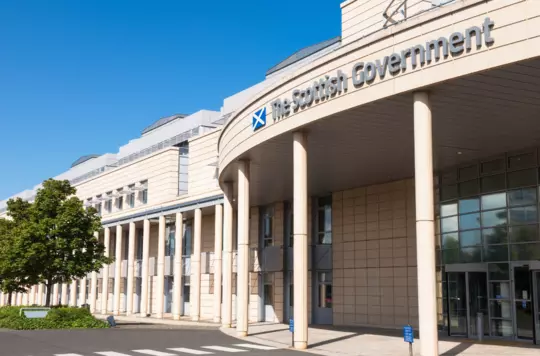Social justice and peacemaking
In local communities
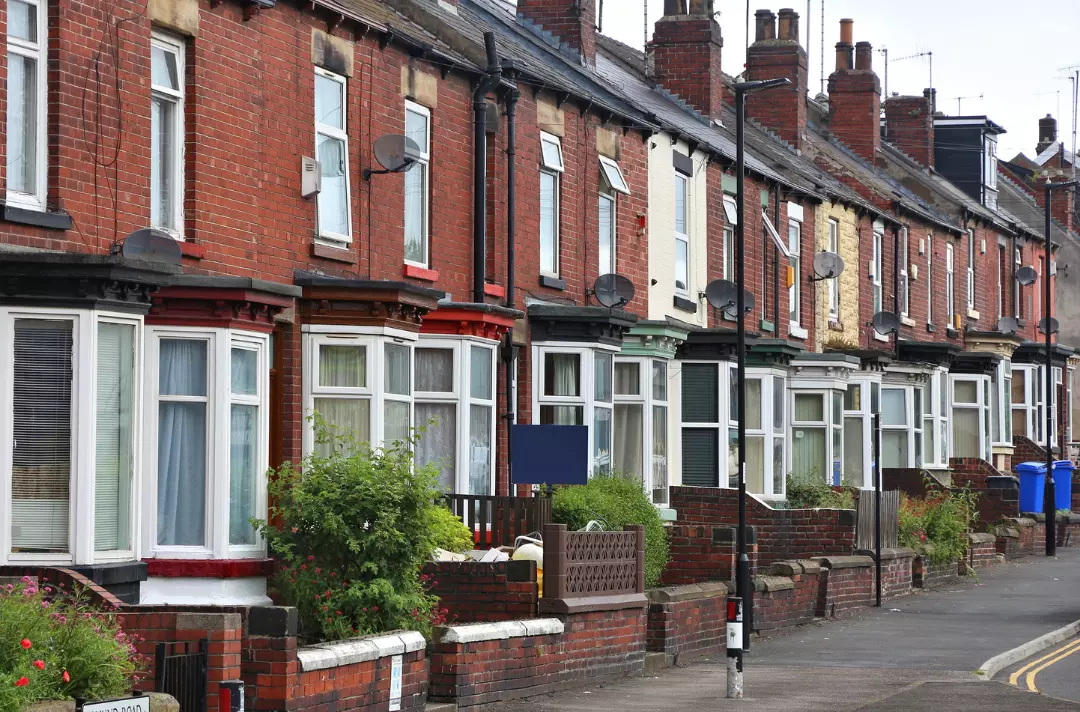
We embrace social justice as part of our Christian mission in communities across the territory.
While our Public Affairs Unit (PAU) nurtures relationships directly with policymakers and parliamentarians, there are opportunities for corps and Salvation Army representatives to establish and build local relationships with elected members and respond to issues in their communities.
It's important to remember that The Salvation Army is non-party political. This means that when representing The Salvation Army we must not endorse any political party or give the impression that the Army is supportive of a party per se. This applies both during elections periods and beyond.
This is not only a legal requirement within charity law but has long been a moral one to ensure we speak for all in the communities we serve.
If you or your corps feels called to respond to a local issue, the PAU can:
- Provide advice on how to campaign on a local issue which is outside of the PAU’s national work.
- Supply statistical information on issues relating to your area.
- Brief you about our national campaigns on rough sleeping, modern slavery and employment and provide you with written resources.
For further information, speak to your corps officer or contact public.affairs@salvationarmy.org.uk.
Resources
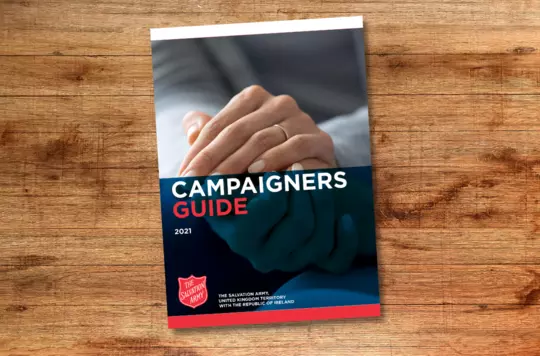
Campaigners Guide
A resource from the Public Affairs Unit to support local campaigning.
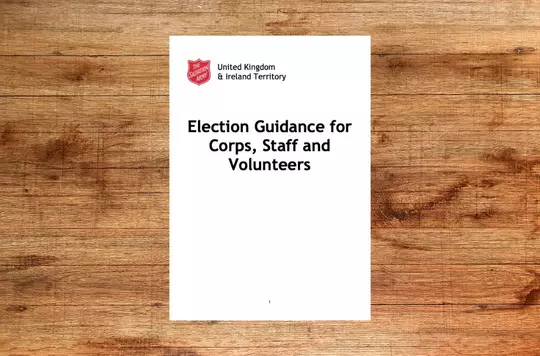
Election Guidance for Corps, Staff and Volunteers
While we are non-party political and must be careful, this doesn’t mean that we can’t raise issues. Here's your guide for keeping within the law.
Discover more
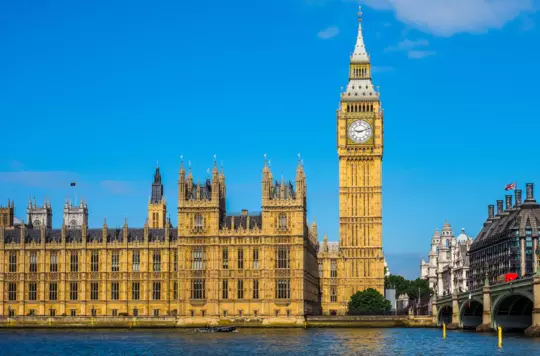
We speak into areas of public policy to support change for the benefit of some of the most disadvantaged people in our communities.
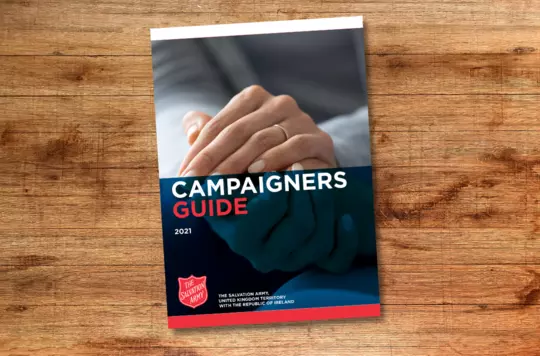
Public Affairs Officer Chris Hartley introduces a new opportunity for Salvationists.
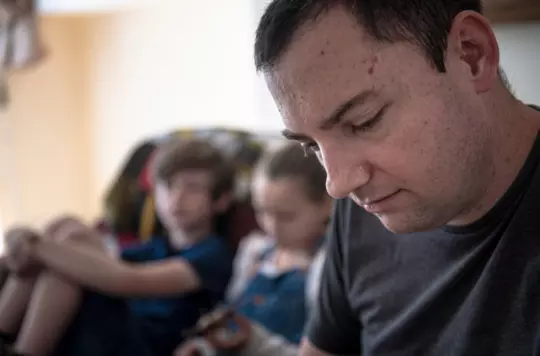
Captain Marion Rouffet highlights the role of the Army’s Public Affairs Unit and the biblical basis for its work.
